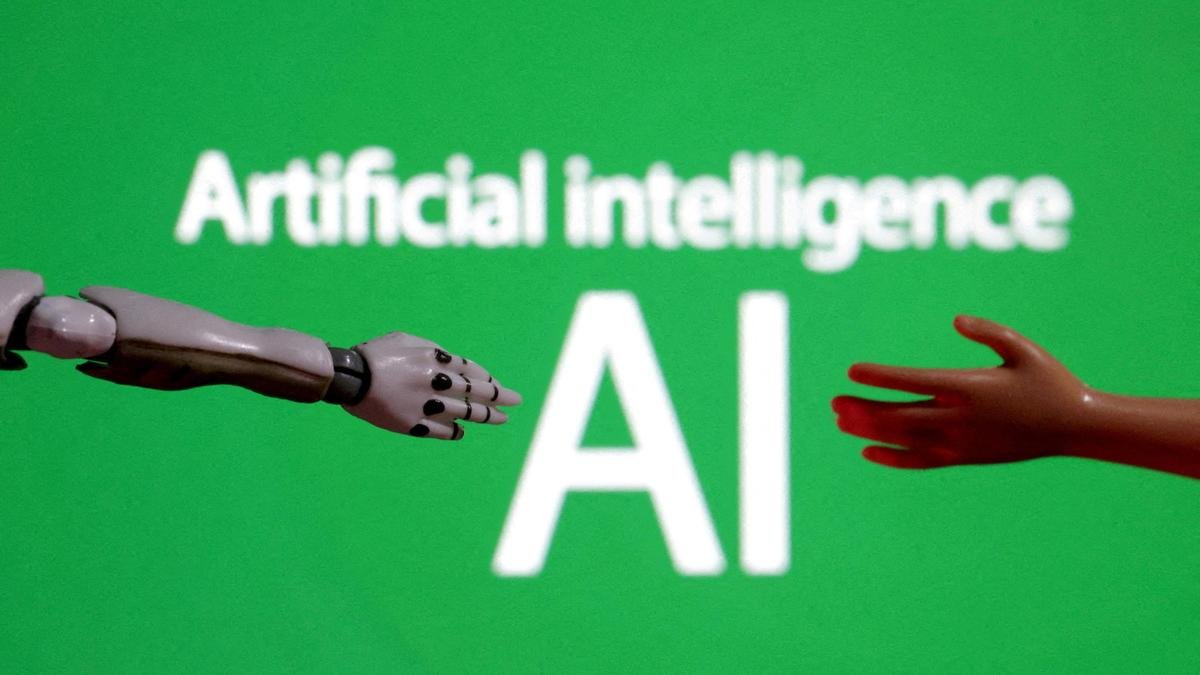“`html
White House Pauses Executive Order That Would Preempt State Laws on AI
In the heart of Silicon Valley, innovators are restless. A recent decision by the White House to pause a draft executive order aimed at preempting state laws on artificial intelligence has sent ripples across the tech landscape. For many tech companies, the executive order was seen as a critical step toward uniformity in AI regulation. Now, with the order on hold, states retain their patchwork of laws, a reality that many industry leaders find challenging.
The executive order, as proposed, was set to create federal preeminence over AI regulations by potentially initiating lawsuits and withholding federal funds to ensure compliance. This authoritative move, however, faced backlash from state governments eager to maintain their legislative autonomy. As the White House reconsiders, tech companies are left in a state of anticipation and uncertainty.
Understanding the Impact
The implications of this pause are far-reaching. Many tech firms had anticipated a streamlined, federal approach to AI regulations that could simplify compliance and foster innovation. Currently, companies must navigate a complex landscape of state-specific AI laws, often varying significantly from one jurisdiction to another.
For example, California’s stringent consumer privacy laws differ markedly from the more lenient rules in states like Texas, creating a compliance nightmare for businesses operating across state lines. According to TechCrunch, “The federal order would have set a baseline, potentially easing operational complexities by reducing the need for multiple compliance strategies.”
Data Speaks
| State | AI Regulatory Stringency | Impact on Businesses |
|---|---|---|
| California | High | Increases compliance costs |
| Texas | Low | Favors innovation |
Despite these regulatory challenges, the AI sector continues to thrive, with rapid advancements and increasing investments. According to the International Data Corporation (IDC), global spending on AI systems is expected to reach $97.9 billion by 2025, more than two and a half times the $37.5 billion spent in 2019. This surge underscores the critical need for coherent and supportive regulatory frameworks.
Industry Reactions
The tech community is divided. Some industry leaders argue that a federal framework is essential for maintaining America’s leadership in AI, avoiding the stifling of innovation by a mosaic of state rules. Others, however, appreciate the flexibility that state-specific laws offer, allowing regions to tailor regulations to their unique societal and economic needs.
Gizmodo reports, “While a uniform federal policy could alleviate some regulatory headaches, it also risks homogenizing a field that thrives on diversity of thought and approach.”
The Road Ahead
As the White House navigates these complex waters, tech companies worldwide are closely monitoring the situation. The pause presents an opportunity for stakeholders to engage in dialogues that could shape the future of AI regulation in the United States and beyond.
For now, the tech industry is advised to stay informed and adaptable. Businesses might consider investing in compliance teams that can navigate both federal and state regulations. Furthermore, engaging in advocacy and public discourse could play a pivotal role in influencing the final shape of AI regulation.
Conclusion
The White House’s decision to pause the executive order underscores the complexity of regulating a rapidly evolving field like AI. While the immediate future may seem uncertain, it also offers a critical window for collaboration between governments, businesses, and civic leaders. It’s a chance to thoughtfully sculpt policies that protect consumers and stimulate innovation.
Tech companies, policy makers, and consumers alike should harness this opportunity to craft a regulatory environment that is both adaptable and forward-thinking. As the debate continues, expect new developments to emerge, further shaping the landscape of AI and technology at large.
Related Reading
- Fractal Wins Microsoft Partner of The Year 2025
- Mark Zuckerberg-Led Meta To Reportedly Grade Employees On ‘AI-Driven Impact’ As Big Tech Declares Human-AI Hybrid Work ‘No Longer Optional’
- AI tool aids disease surveillance, issued 5,000 outbreak alerts: Study
“`



